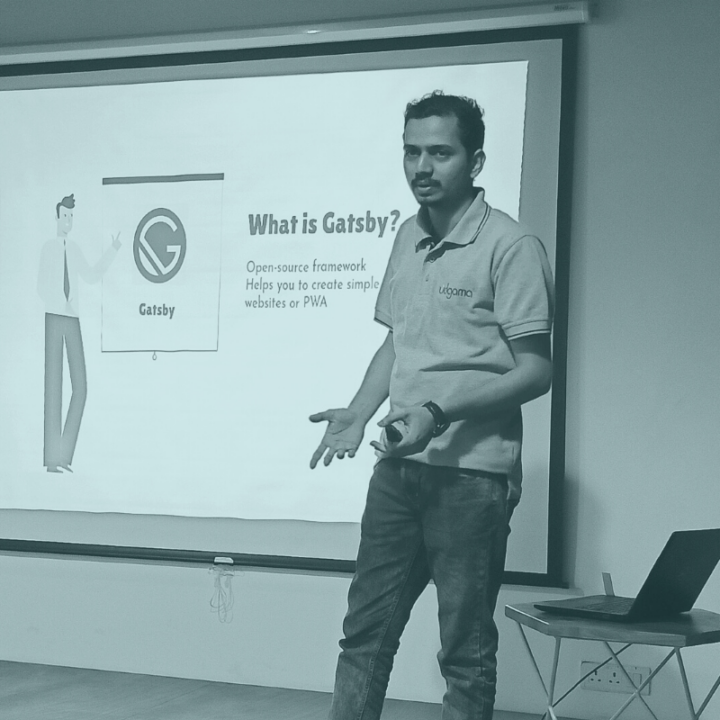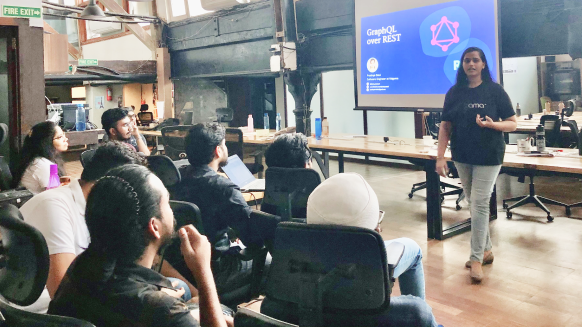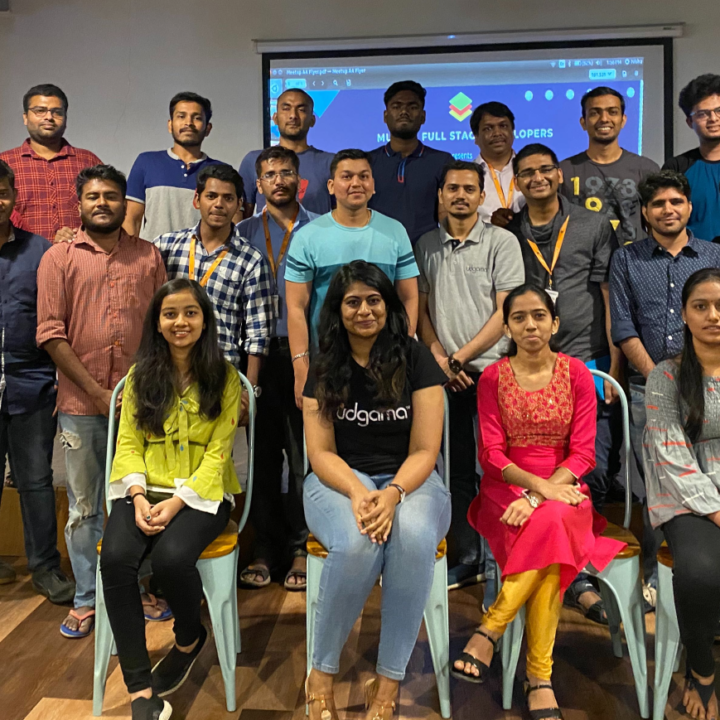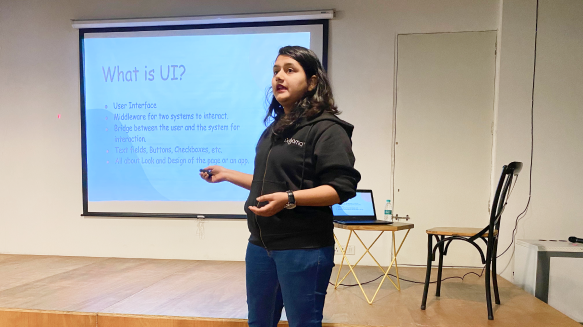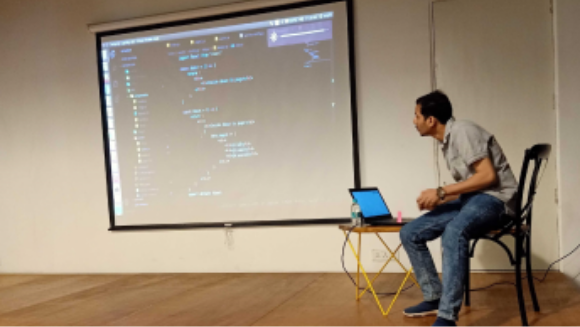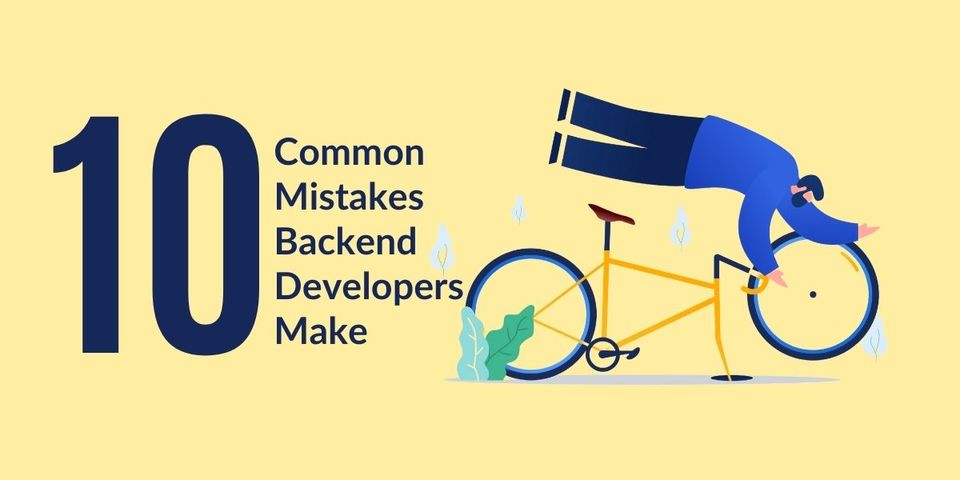Hackathon Chronicle 3: Every expert was once a beginner.

When you have recently joined a company, as a fresher, and there’s a hackathon that you’re about to take part in–it’s both exciting and overwhelming. Especially, if you’re the captain of your team.
For someone who’d just heard of words like React Native, GraphQL APIs, Hasura, building an end-to-end app, sounded nothing short of a long uphill battle. More so, if you have only 15 days to do it and when you have the smallest team as compared to the others. That’s not all–in a team of three, two of us were just novices in the technology world–me (Shweta) and Swaraj, another newcomer in the company.
On the brighter side though, we also had Akshata, the first employee of the company, one of the most senior team members. Knowing she’d be there was a great sigh of relief. However, the thought that we were a team of two beginners and one expert–didn’t bode well for my confidence.
Yet, we started our Hackathon Journey.
This or that–a difficult pick.
To begin with, we kept on looking for ideas around the app. What could we possibly build that would not only solve a real-world problem but also can be pulled off in 15 days, end to end? Out of the all random ideas, the six concrete suggestions, we had boiled down our final choice to two ideas.
First was a women’s safety app that would allow women to send alerts to 3 top safety contacts with a click of a button. Not just that, her live location would also be shared along with. The second was a pickup-drop service management app for donations. People could use the app to share their pickup location, the items they’d like to donate on the app, and the service would schedule a pickup accordingly.
Both the apps had their own user base, need and functionality involved. We finally decided to pick one based on three factors:
- Target audience
- Uniqueness
- Functionality and learning
On all these fronts, the donation app was a clear winner. It had a wider target audience, was not-so-common in the market, and had a lot more functionalities to be taken care of, hence, a lot of learning was involved.
So, we started building WeShare.
The learning opportunity
Starting afresh, both Swaraj and I definitely needed a learning curve. Akshata saw this as a great learning opportunity for all three of us. So, when it came to choosing our techstack, she suggested Flutter–a Google-developed UI toolkit that none of us had explored earlier. While we were all more comfortable and accustomed to React Native, we decided to leverage the hackathon to learn something new. After all, that’s the Udgama way of doing things!
Finally, our techstack for developing We Share now had:
- Hasura, for GraphQL and database management.
- Heroku, for deploying our application to the cloud.
- Flutter, for frontend UI development.
Getting started
First things first, we narrowed down the functionalities of our app. It would allow users to log in and add details about the things they’d want to donate such as food, clothing, books, etc. Then, they’d add their location and the preferred date for pick-up. A pick-up time would then be scheduled and once the pickup is done, they’d get an update when the items would have reached the recipient.
With that in place, Akshata took charge of getting the backend up and running, while Swaraj and I started working on the frontend and UI. To begin with, there was a lot of learning required. We’d go over references, check out similar solutions, watch videos, and complete one step at a time. Swaraj was always ready with refreshing ideas for designs, the fonts, the user experience. He’d never stop looking at ways to enhance the look and feel of the app and then finding ways to implement it.
Then, there was Akshata, she wasn’t just focusing on building a strong backend, but was always just a call away whenever we got stuck. She always had a bunch of sources, references, suggestions to help us out at each step of the journey. It was as if she was mentoring us without even realizing it.
The Reality Check
Since a lot of our time, in the beginning, was just focused on learning the ropes–our process was much slower. We had a demo after 5 days after the day the hackathon began. Back then, all we had was a not-so-good-looking profile page, the login screen authentication had some issues, and we could not even show a proper demo. As a team, we were quite disheartened, especially when the other teams had already completed a lot. We braced ourselves and doubled down our efforts.
Beginners turned Pro-Learners
Soon enough, we were able to gain momentum and execute so many things. From coding on Flutter to working with queries and mutations, we were implementing solutions that we’ve never even heard of before. At the same time, we started looking at the big picture, taking calls on what matters and what doesn’t.
We finalized our database structure, APIs were ready and UI modification was also progressing –and our 15 days weren’t even over yet. We knew that Akshata had turned us into learners. She was the backbone that had pushed us into exploring new things and executing them. After all, she was an expert–not at a particular tool or development, but at learning. She had been here the longest and knew that there’s nothing difficult enough if we just put our mind to learning it well. She was an expert at growing the Udgama way.
Onwards and upwards
At the end of 15 days, while we were presenting WeShare, it was completely functional. I could not help but keep thinking of more things we could have added. For instance, we could have added an option where WeShare could help with blood donation–finding nearest blood banks where people could donate and schedule visits there. The list could go on.
After all, who said we were going to stop learning just because the hackathon was done. After all, Akshata, the expert, was once a beginner herself, and she got here by learning, each day. And so would we. The learning would go on.

